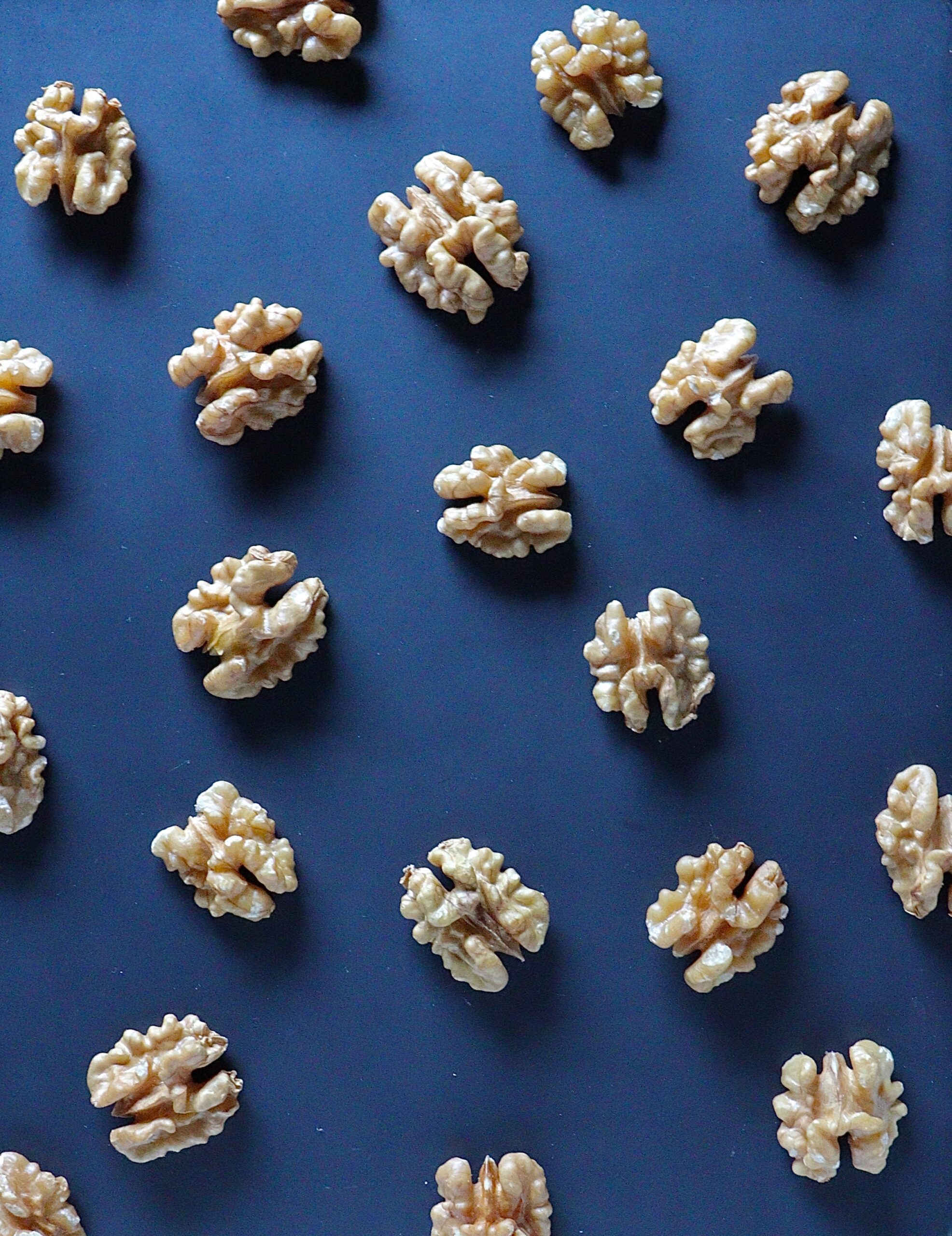Childhood is without a doubt the most important time when it comes to brain development. What you eat, think, and do as a young child and teen can affect the function of your brain for the rest of your life. And while the often-discussed early childhood period is of critical importance to brain development, the lesser-discussed teen years are also a period of important cerebral development.
The brain development concerns you have during your child’s teen years will be some of the same concerns you had when they were younger. Are they being challenged academically? Building strong social skills? They will also face an additional set of developmental concerns as teen-specific challenges emerge. Will concussions suffered in contact sports cause them problems down the road? Are they getting enough sleep now that bedtime is a more self-directed affair?
Read on for insights into some potentially brain-harming situations that teenagers commonly face, as well as insights into what you as a parent can do to ensure your child’s continued healthy development.
Concussions
Concussions can happen in most boys and girls’ sports, though high-contact sports, like football, do have a higher incidence of occurrence. Helmets are critical during heavy-contact sports to prevent concussions, but helmets aren’t the only solution to the problem. The best way to minimize the long-term effects of head injuries is to see a doctor as soon as possible after a concussion has occurred or is suspected.
To protect your child, make sure to read through your child’s team’s concussion protocol and ensure that you and your child both know the signs to watch for. If you suspect your child has suffered a concussion, take them to a doctor familiar with concussions as soon as possible after the injury. Left untreated, concussions can lead to long-term consequences, and the sooner treatment is begun, the better. Follow all of the doctor’s instructions, and make sure that your child doesn’t return to playing their sport until they have received clearance from a trained medical professional.
Drugs and Alcohol
Teenagers’ brains are constantly developing and working, learning new things at every turn. Due to the receptive nature of their brains at this stage in life, teens are, unfortunately, often more susceptible to the negative effects of drugs and alcohol. Teens tend to get addicted faster, making their addictions harder to break. It’s like the addiction can be hardwired into their system at this stage, making it critically important to protect influenceable teens from exposure to drugs and alcohol as much as possible.
It’s important that we teach our teenagers both why it’s important to say no and how to say no as well. Like getting prepared for a big sports game or test, the way to success when it comes to refusing drugs and alcohol is practice. Explain the dangers of drugs and alcohol, and run through “what would you do” scenarios to give your child a chance to practice saying no before it’s even needed. Then, hopefully, they’ll be prepared if they’re ever faced with a real-life peer-pressure situation.
Stress
While drugs, alcohol, and brain injuries are all obvious issues affecting a child’s developing brain, they are not the only concerns facing your teen. Teenagers are still learning to regulate their emotions, and even small incidents can be overblown in importance in their developing minds. This means that major stress-inducing situations, like a family illness or death, can have a magnified effect on teenagers.
To help kids learn to manage stress, offer perspective to teach resilience. Children often have a hard time seeing past today because their life experiences are so limited, making one bad day feel like a comparatively larger deal in their minds. While you shouldn’t minimize your teen’s concerns, you can gently remind them that life is a marathon, not a sprint, and that what seems like a huge deal today may seem far less important once they’re on the other side of the issue. Make sure that they know that you’ll always be available for them and that they should continue to seek help when feeling overwhelmed by stress.
Lack of Sleep
Getting enough sleep is important for overall health and critical for mental well-being. Some of the symptoms commonly associated with teenage attitudes, like mood swings, can be exacerbated by a lack of sleep. The trouble isn’t just that your teen doesn’t want to go to bed either. Early school wake-up times and after-school activities that stretch well into the evening hours don’t help.
To help, turn off all digital devices, including cell phones, an hour before bedtime. This gives your teen’s brain time to wind down before lights out. And keep cell phones out of your kid’s bedroom at night; late-night texts from friends or even spam calls can interrupt quality sleep time. Don’t feel bad letting your teen sleep in on the weekend; the extra sleep can’t hurt. Just make sure they don’t sleep in more than a few hours past their weekday wake-up to avoid difficulty falling asleep that night.
Indeed, your child’s brain develops most during the first five years. But that doesn’t mean that the teen years aren’t also a critical time for brain development. Be aware of common impediments to healthy brain development and be prepared to step in as necessary to protect your child. Your child’s long-term cognitive functioning depends on it.
*Photo by Priyanka Singh on Unsplash
